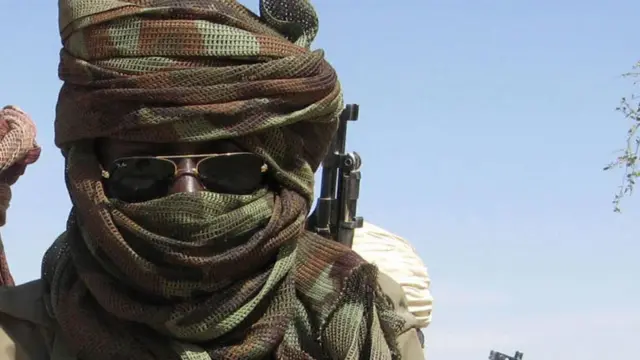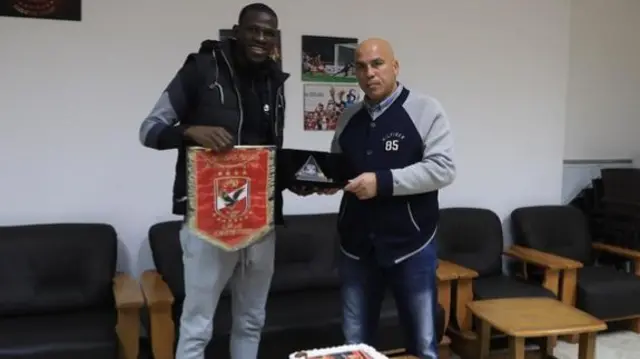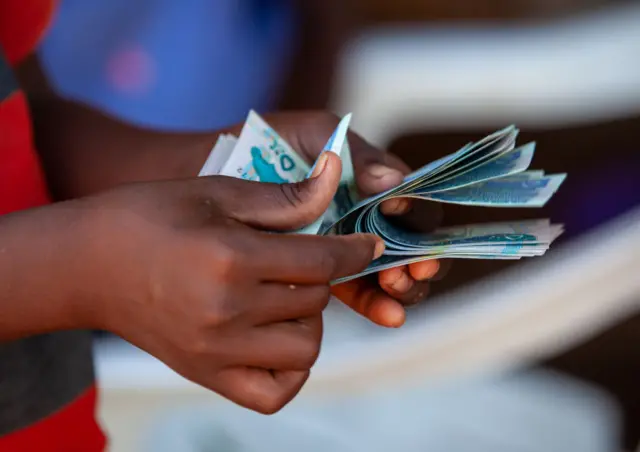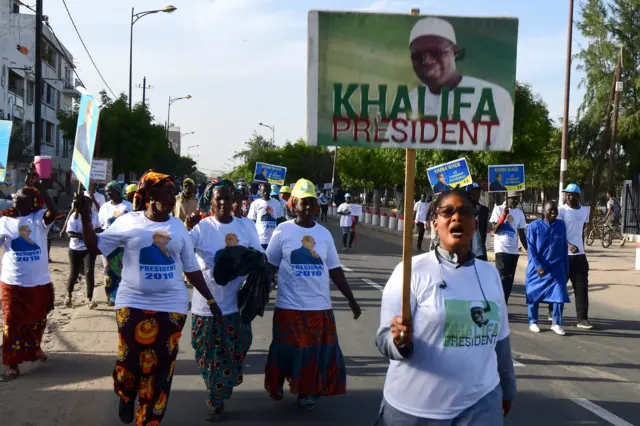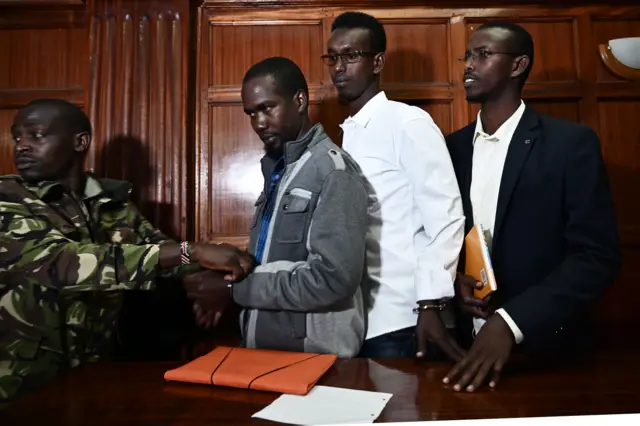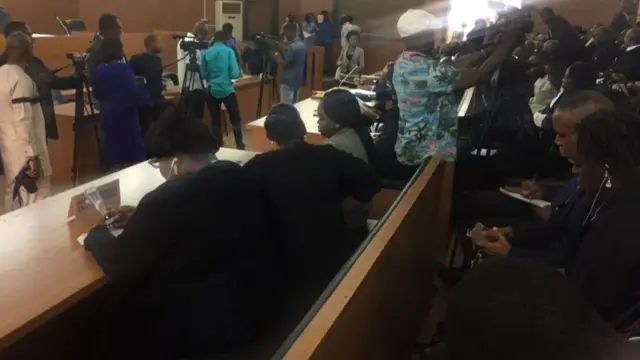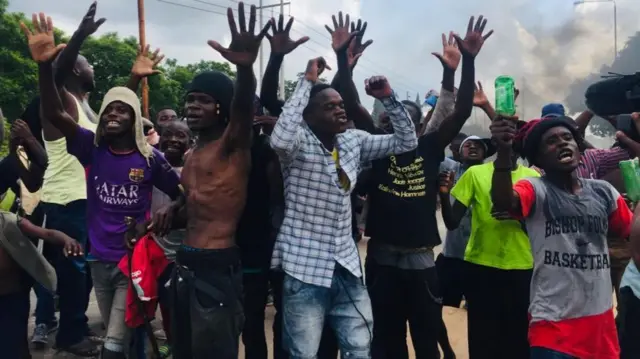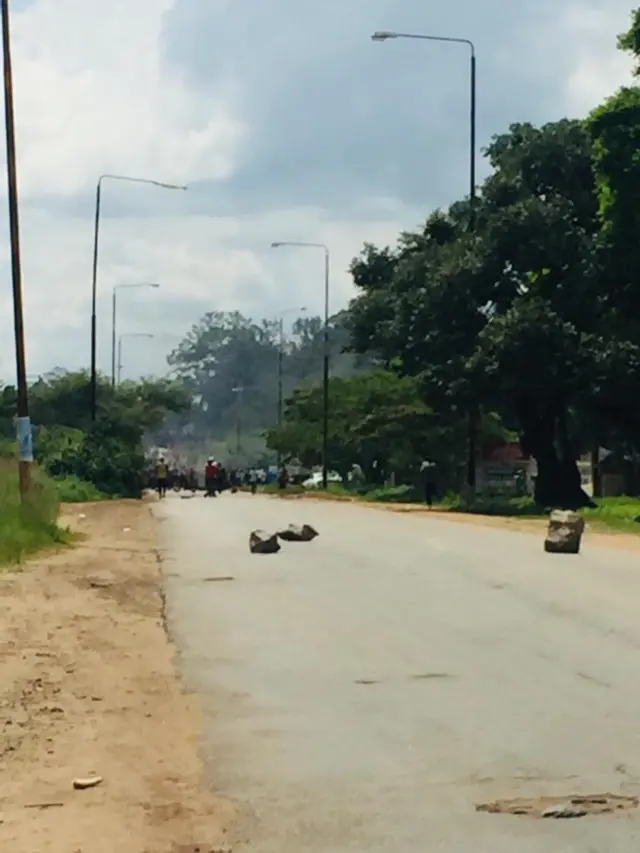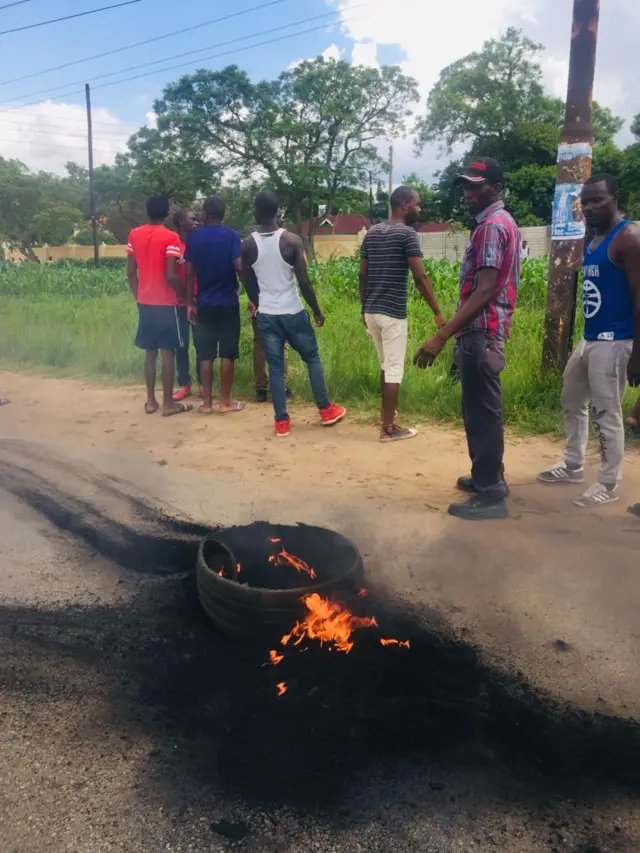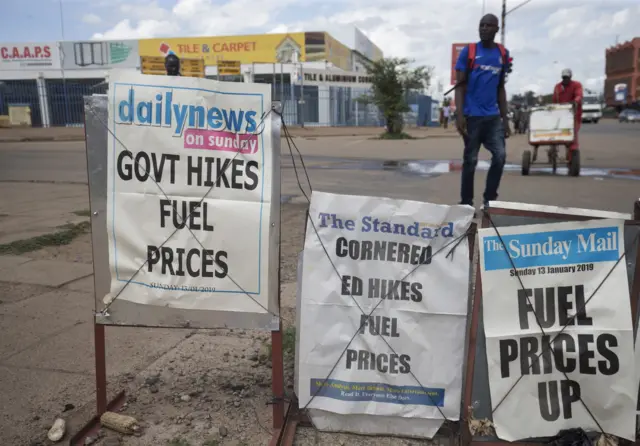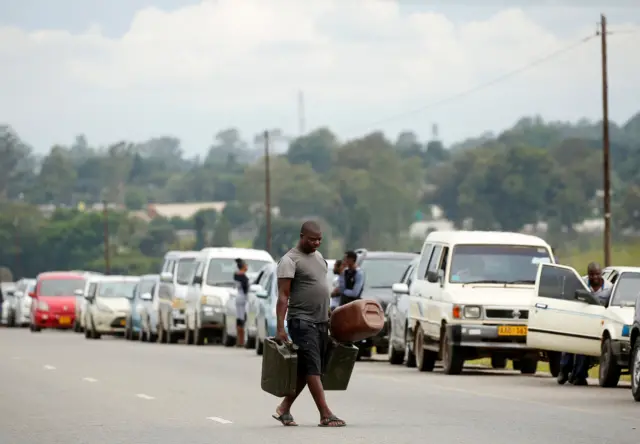eSwatini - Taiwan's last friend in Africapublished at 17:08 GMT 14 January 2019
A new economic agreement between eSwatini and Taiwan has just taken effect and will see the southern Africa nation exporting certain goods - including honey and avocados - to Taiwan duty free.
It was signed last June.
China blocks official ties with eSwaitini because of its relationship with Taiwan.
China does not allow countries to have official ties with both itself and Taiwan as it regards the island as a breakaway province.
ESwatini - formerly known as Swaziland - is the only African country that maintains diplomatic relations with Taiwan.
But it is sticking with Taiwan - and their ties are strong.
eSwatini's King Mswati III is Africa's last absolute monarch and has made 17 trips to Taiwan, including in June 2018 when he accepted an honorary degree in management at the same university from which his son graduated.
Read more on the BBC News website.
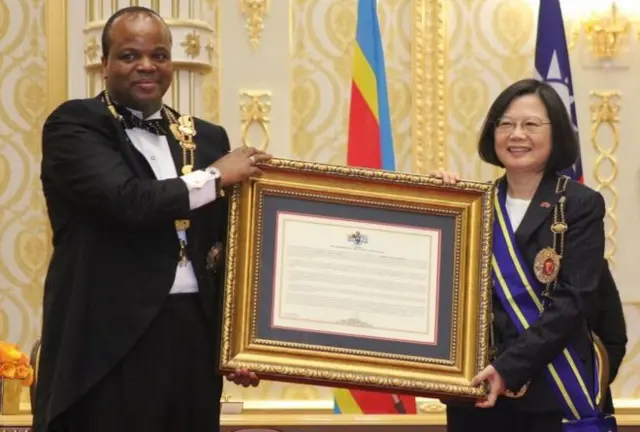 Image source, AFP
Image source, AFPKing Mswati III awarded Taiwan's President Tsai Ing-we with the Order of the Elephant at his palace in 2018
